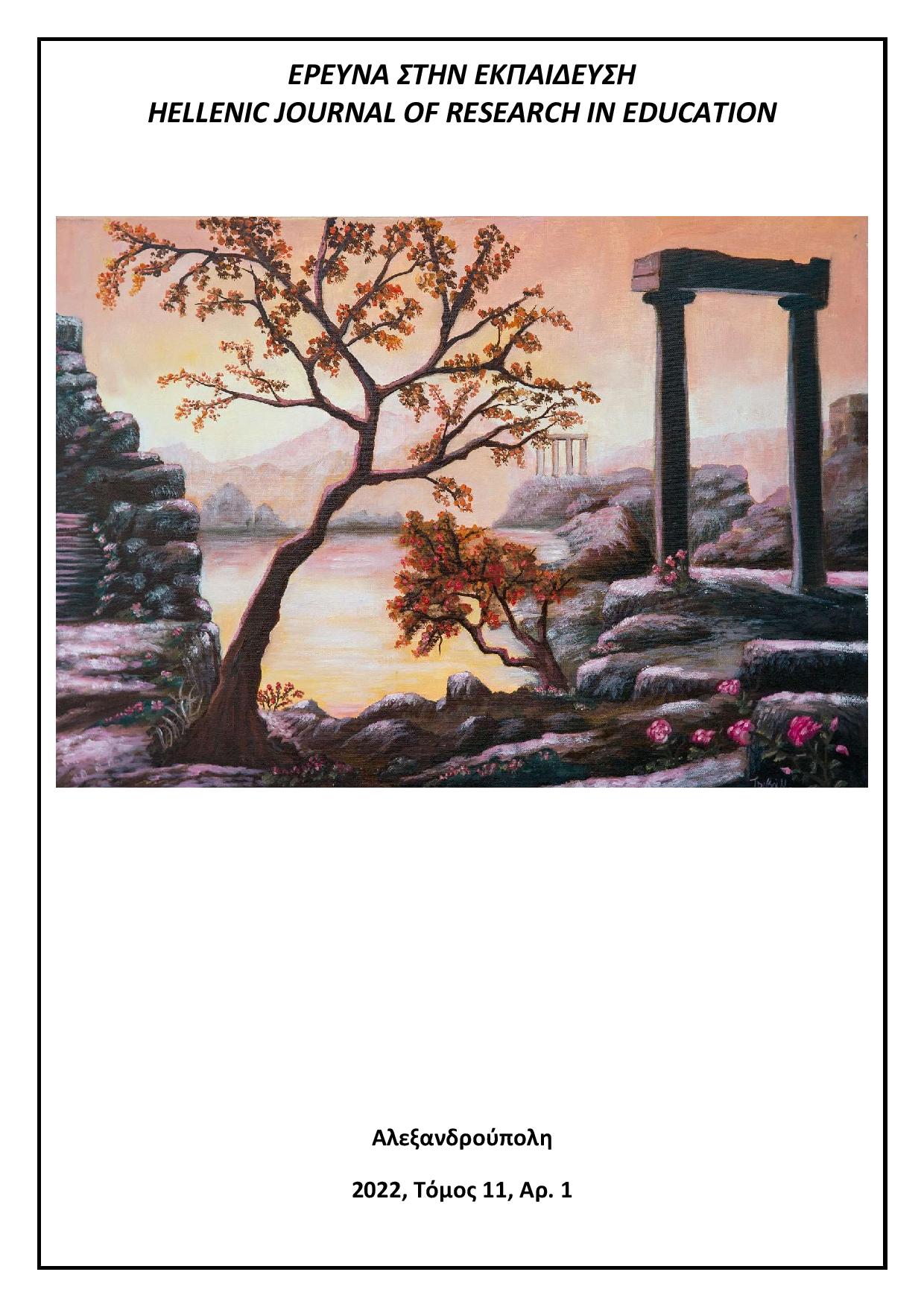What is a theme? Variations of thematic analysis in educational research

Abstract
In this article we try to answer the question “what is the theme” when one carries out thematic analysis (TA). Our answer is structured in three parts: First, we critically present Virginia Braun and Victoria Clarke’s approach to TA from which most of educational research draws upon. We develop the argument that much of the criteria for constructing the themes, in the Braun-Clarke version, are left to researchers’ intuition which leads to the fact that the context of justification is lost from the methodological insight and that a discrepancy exists between the level of analysis and the level of abstraction. Second, we put forward our own version of TA which remedies the above drawbacks and which is inspired from realist epistemologies (critical realism and social network analysis). Finally, we present a deductive version of thematic analysis, called Template Analysis, which is more flexible and of which the level of abstraction depends on how the codebook has been structured.
Article Details
- How to Cite
-
ΧΡΙΣΤΟΔΟΥΛΟΥ Μ. (2022). What is a theme? Variations of thematic analysis in educational research. Hellenic Journal of Research in Education, 11(1), 144–166. https://doi.org/10.12681/hjre.30483
- Issue
- Vol. 11 No. 1 (2022)
- Section
- Articles

This work is licensed under a Creative Commons Attribution-NonCommercial-ShareAlike 4.0 International License.
Authors who publish with this journal agree to the following terms:
- Authors retain copyright and grant the journal right of first publication with the work simultaneously licensed under a CC-BY-NC-SA that allows others to share the work with an acknowledgement of the work's authorship and initial publication in this journal.
- Authors are able to enter into separate, additional contractual arrangements for the non-exclusive distribution of the journal's published version of the work (e.g. post it to an institutional repository or publish it in a book), with an acknowledgement of its initial publication in this journal.
- Authors are permitted and encouraged to post their work online (preferably in institutional repositories or on their website) prior to and during the submission process, as it can lead to productive exchanges, as well as earlier and greater citation of published work (See The Effect of Open Access).


